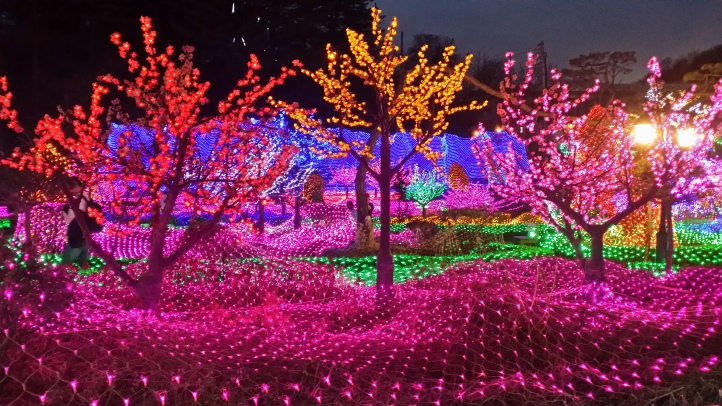South Korea is a very competitive society and many Koreans cannot sleep well due to stress and long working hours. As a result, “sleeponomics”, the economy of sleep, has grown rapidly. In this post, let’s talk about what this booming new sleep industry offers to its customers.
Sleep problems in South Korea
There is an increasing number of people in South Korea suffering from sleep problems including sleep deprivation and insomnia. According to OECD, in 2014, an average Korean sleeps 469 minutes a day, 40 minutes less than the global average of 502 minutes and the lowest among 18 OECD countries. According to the National Health Insurance Service, the number of South Koreans with sleep disorders totalled 721,000 in 2015, a sharp increase from 325,000 in 2011.
Therefore, “sleeponomics” has appeared in South Korea. According to the Korea Sleep Industry Association, the market size for sleep-related services and products in Korea is around 2 trillion won (US$1.77 billion).
Sleep-aid consumer products
In South Korea, you can find a variety of consumer products helping consumers to get good sleep. For example, “motion beds,” which allow users to adjust angles of the mattress’ top, middle and bottom sections and were found only in hospitals in the past, have now become one of the consumer items at home. White bedding with goose feathers or cotton, memory form pillows, microfiber blankets, heated eye masks, perfume for pillows, sleep essence for faces, sprays that eliminate snoring and black-out curtains are also in popular demand. The sales of the drink, Soda Cow, which contains valerian juice known to induce sleep, has doubled since its launch in October 2016. Wearable devices such as smart bands and smart watches which can check biorhythmic states including sleeping hours, twisting and turning and wake-up time have also become popular among consumers.
Sleep consultancy
The increasing importance of good sleep to Koreans has led to appearance of consultants relating to sleep. For example, consultants of the local furniture brand, Sleep D, offer suggestions to customers for pillows, mattresses, interior items based on the customers’ sleeping pattern, habits, body shape and preference. There are also sleep therapists who help people to relax and sleep soundly.
Sleep-related cafes
Due to the love of Koreans for coffee, there are a lot of different cafes in South Korea. Recently, there are some cafes targeted at customers who want a relaxing place to take a good sleep. For example, there is a “healing” cafe providing partitioned premium massage chairs that look like the first-class seats on a plane, in which the customers can drink tea or coffee, get a massage or take a nap. The rates for the service, including beverages, are 9,900 won for 30 minutes and 13,000 won for 50 minutes. There are also napping rooms where people can drop by for a nap in an individual pod appearing in office-concentrated neighborhoods, and these napping rooms are visited by office workers, for example, during lunch time. It costs 5,000 to 10,000 won per hour to take a nap in these places.
Getting good sleep is now an important part of the Korean culture. Next time you visit South Korea, it may be interesting to try some of these sleep-aid products and services to experience this new aspect of Korean culture. Have a good sleep! 🙂
Reminder: You can follow my blog by clicking the “Follow” button on the sidebar to receive email notifications of new posts. For flash news on Korean culture, you can also follow me on Twitter (Kalbi8888).
References:
Song Sang-ho, “Sleepless nights give rise to new booming industry in Korea“, Yonhap News Agency, 2017-03-16
Song Kyoung-son, “Market shows interest in a good night’s sleep“, Korea JoongAng Daily, 2017-02-27
Jeon Ji-hyun and Lee Sae-bom, “S. Korean sleeponomics market thriving amid sleep deprivation“, Pulse, 2016-01-15
